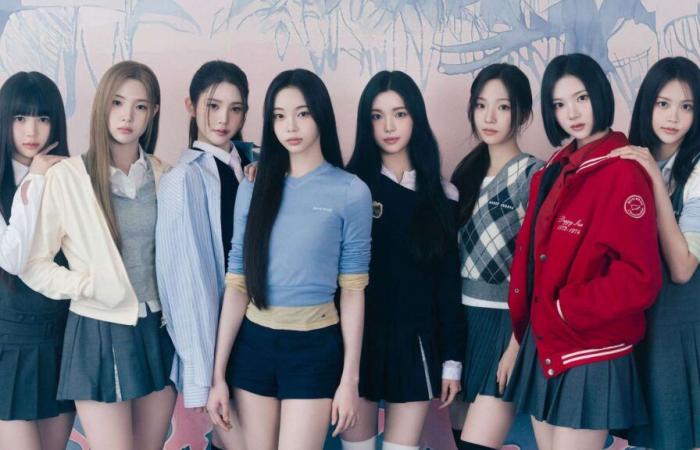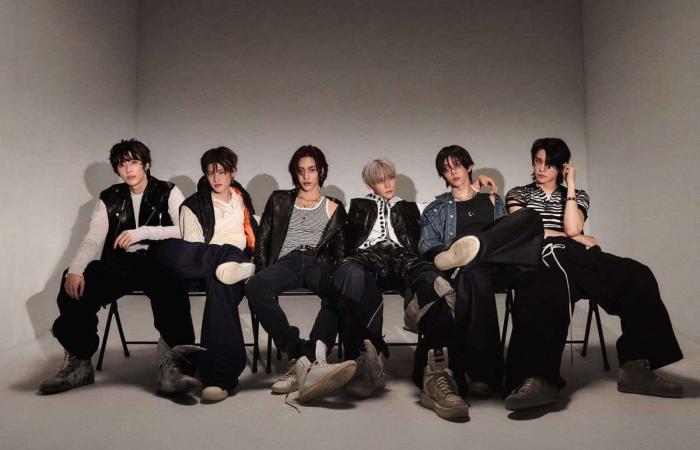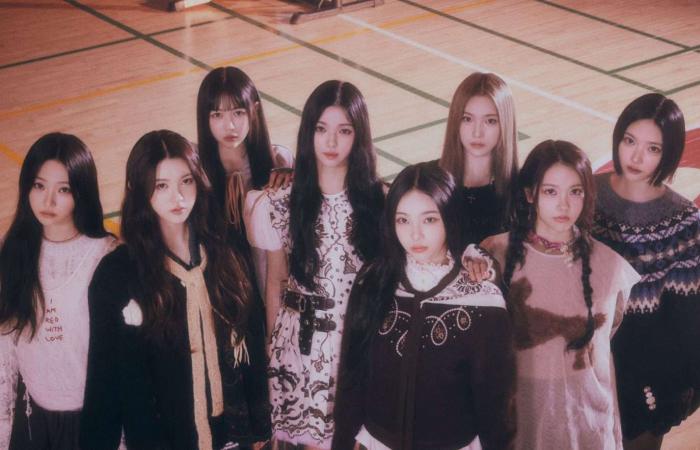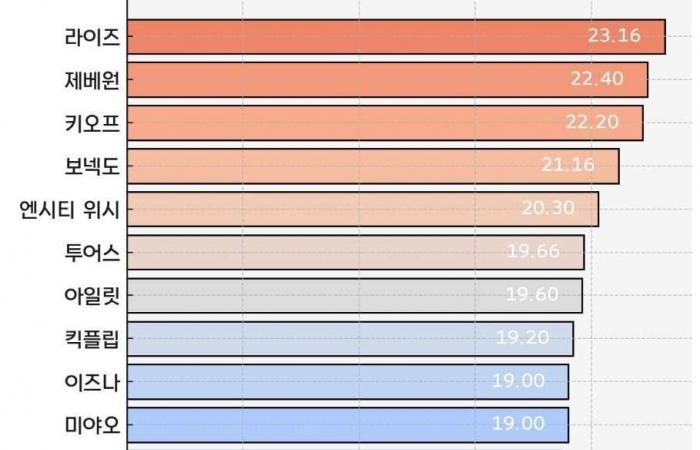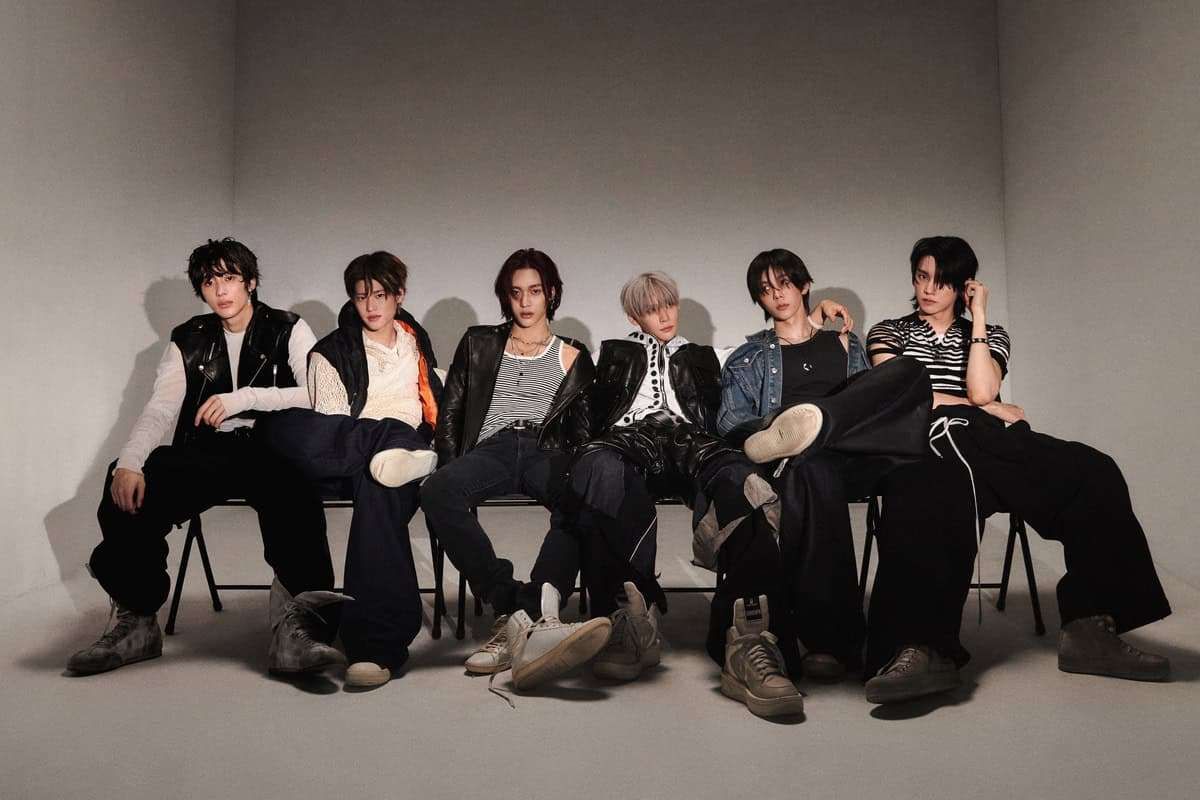
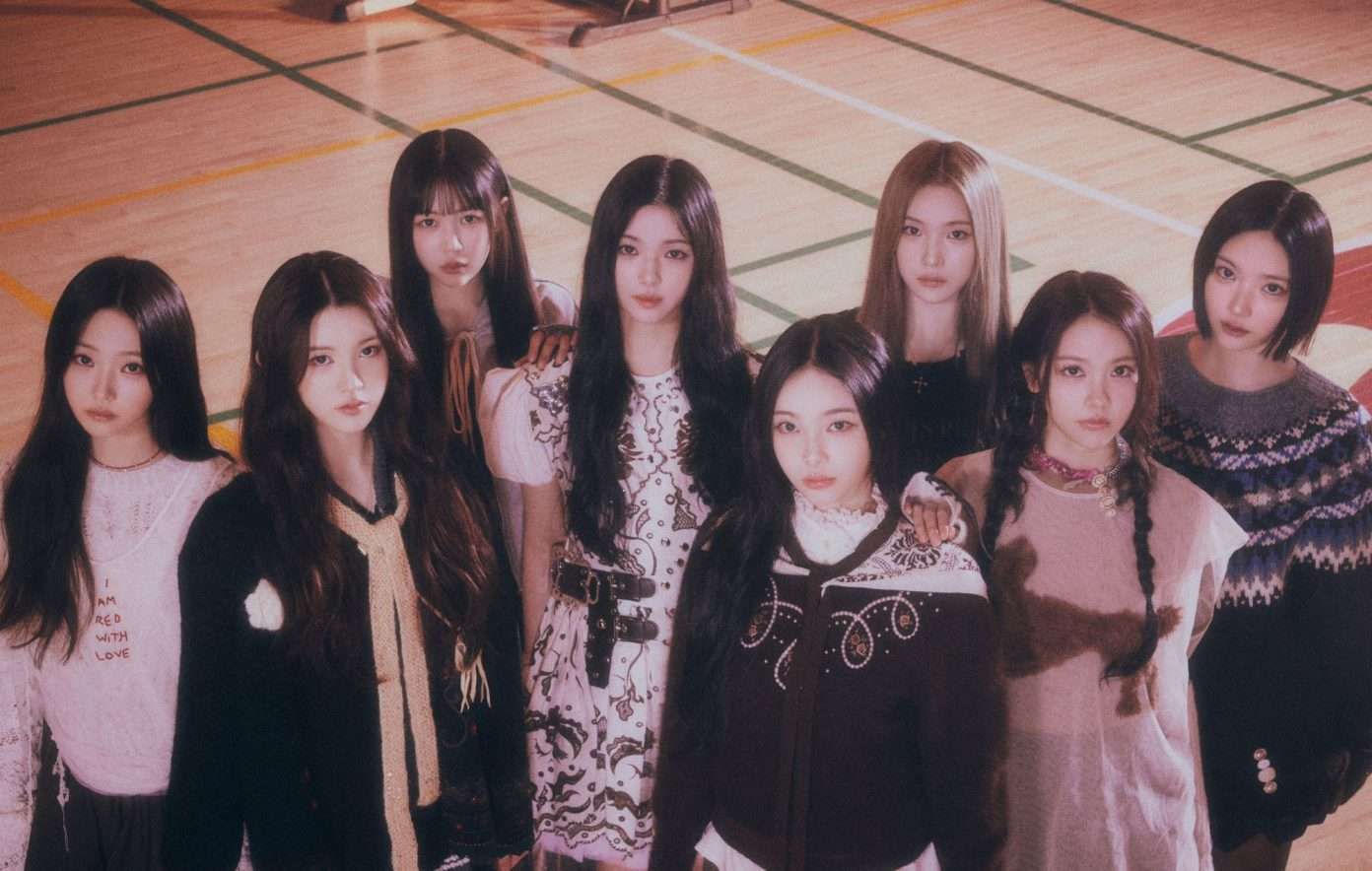
While the 5th generation of the K-POP is in full swing, an online discussion on the average ages of the recently launched groups revived an old debate: should we still start minors to captivate fans?
On the Popular Korean Forum Instiz, a topic published on April 29, compared the average ages of current boys and GirlsBands, using the Korean age, often higher or two years at international age.
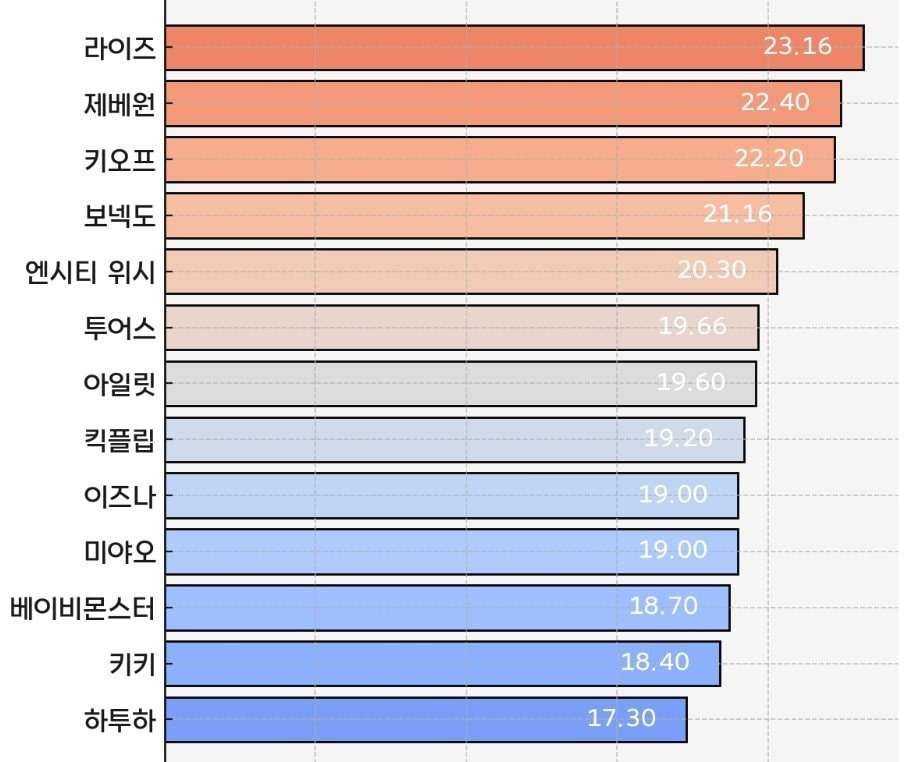

At the top of the ranking, RIIZE stands out: all members were major at the time of their beginnings. However, despite their more mature image, they knew how to embody refreshing concepts and connected to the 5th gen vibe. An approach that contrasts with that of Hearts2hearts, also from SM Entertainment, but several members are still minors.


The majority of the groups listed have launched their careers while some members were still in high school. This trend raises real questions about the mental and physical pressure suffered by early idols. If some believe that starting young people allows a longer career, others are concerned about the impact of this precocity on their health and their freedom.
This debate divides the community. For some, starting in adulthood allows idols to better manage concepts, tours and criticisms. For others, younger rookies have the advantage of being able to evolve over the long term under the spotlight.
The classification mentioned:
- RIIZE – 23,16
- Zerobatene (zb1) – 22.40
- KISS OF LIFE – 22,20
- BOYNEXTDOOR – 21,16
- NCT WISH – 20,30
- TWS – 19,66
- ILLIT – 19.60
- KickFlip – 19,20
- IZNA – 19.00
- Meovv – 19.00
- Baby Monster – 18.70
- Kiiiunki – 18.04
- Hearts2Hearts – 17,30
Here are some fans and Internet users reactions:
- If the average age is 17 years old, they are literally babies … Why have them started so early?
- The gap between RIIZE and Hearts2hearts is shocking.
- These groups are really filled with kids.
- It is sad that there are no more beginnings for those born in the 90s. Agencies only want young faces.


Ultimately, it all depends on the strategic choices of agencies. But this new generation, between mature idols and minor rookies, especially reflects an industry always in search of balance between freshness and solidity.
And you, do you think you have to limit the age of the beginnings in the K-pop or let the agencies decide according to their strategies?

